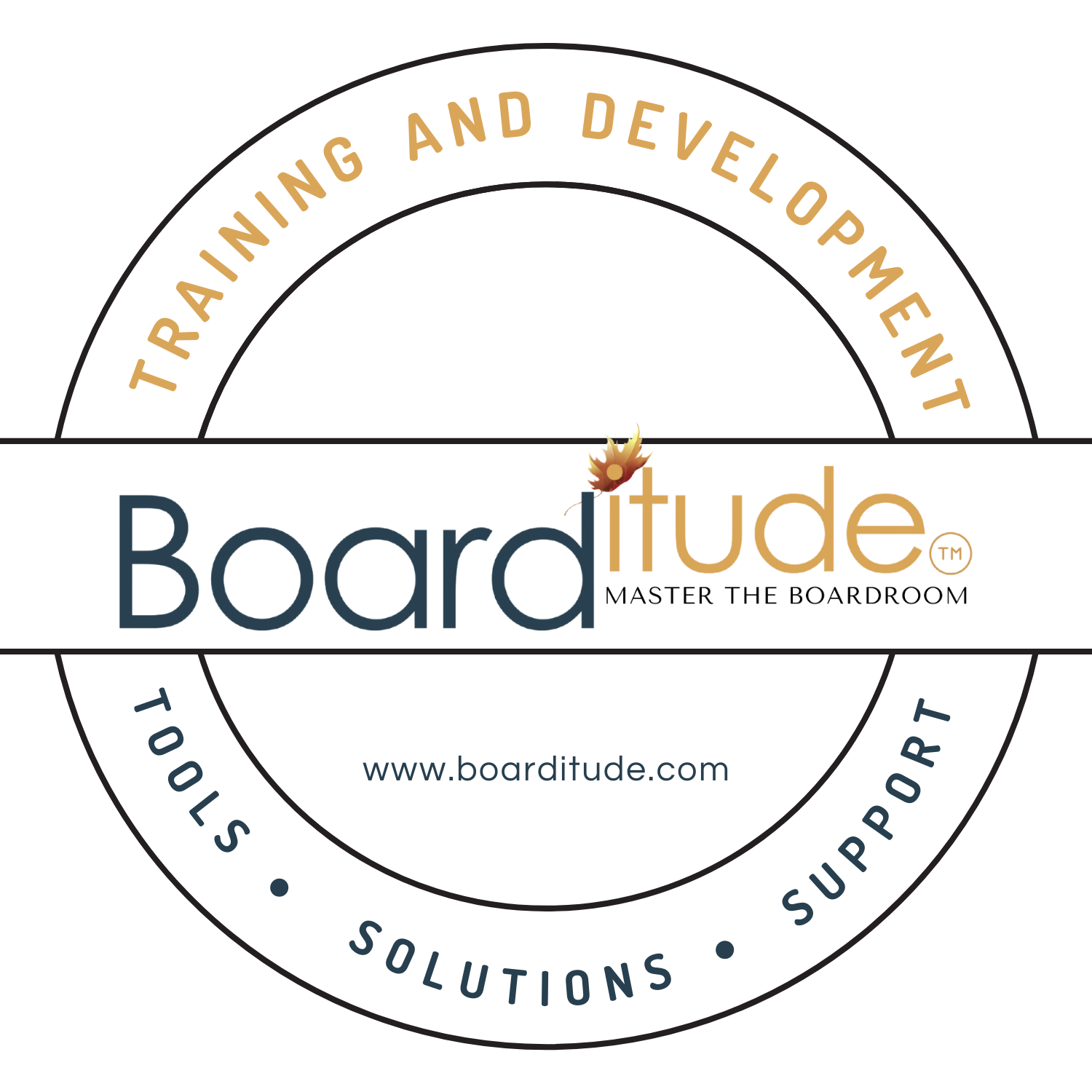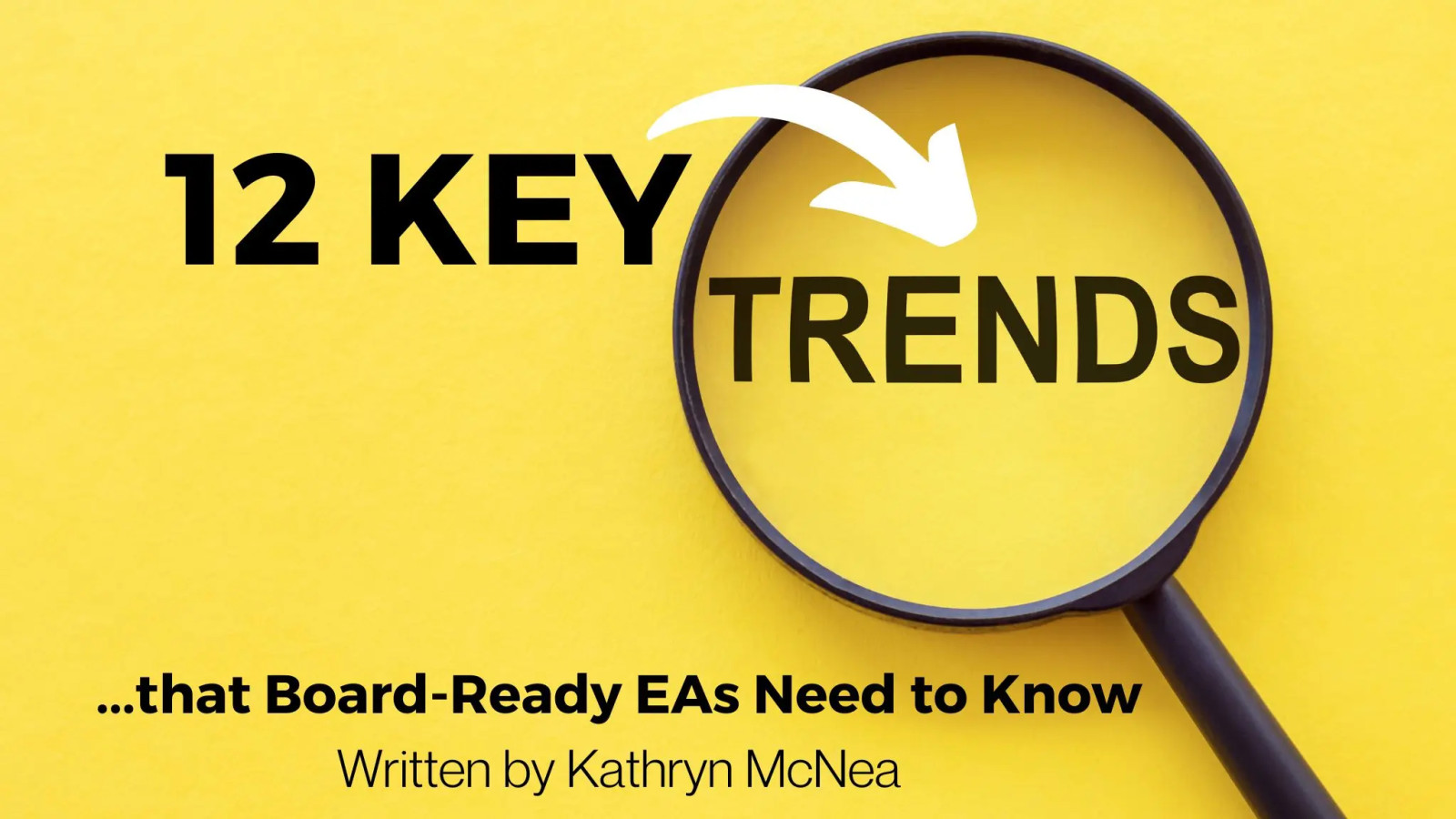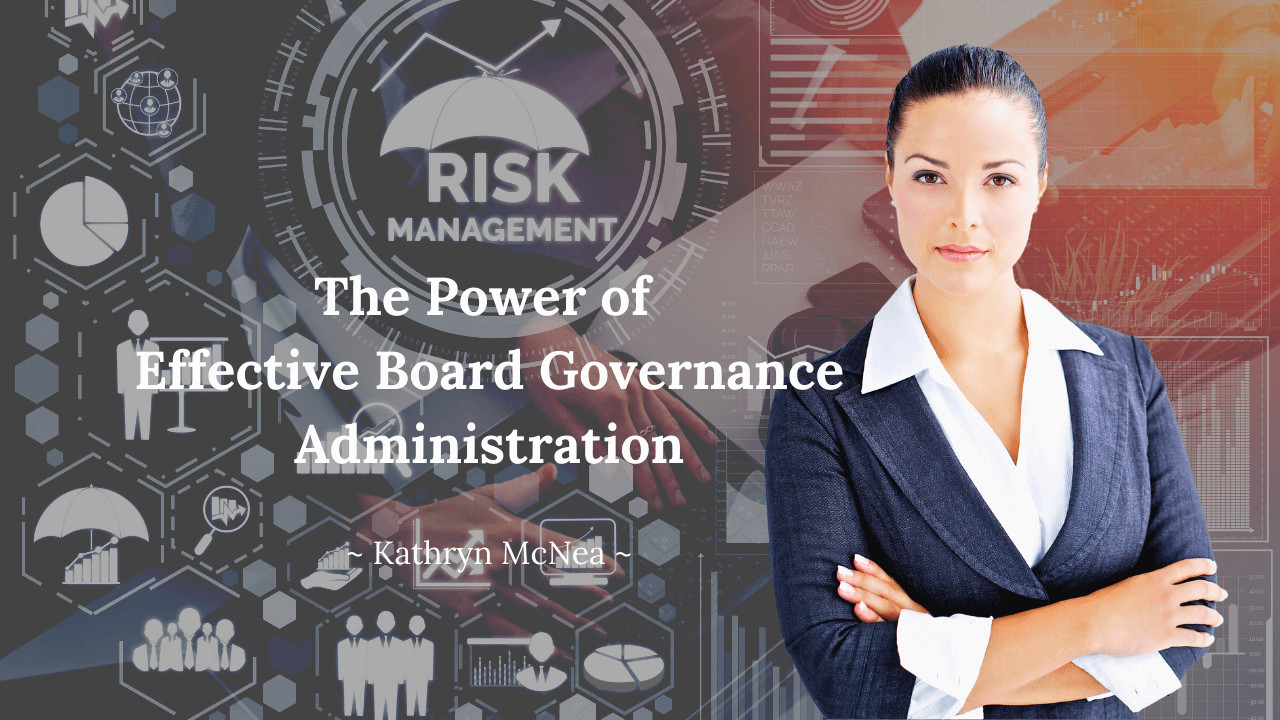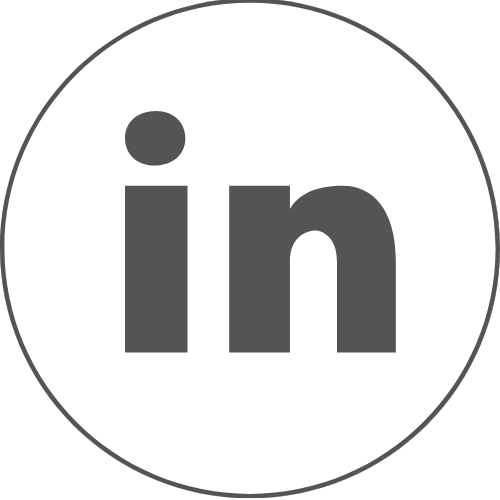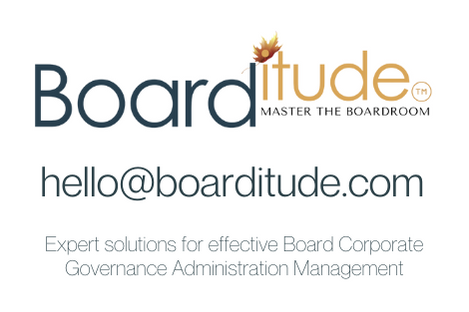
 Skill automation.
Skill automation.
It was a fascinating tale back in the early 1960s. I was a little girl sitting cross-legged in front of our huge console TV each Saturday morning, snacking on peanut butter and jelly toast as my brothers and I watched The Jetsons. 2062 was an inconceivable one hundred years away. Flying cars, Rosie the robot, Elroy’s jetpack, and Judy’s obsession with recycling. Hubby George was a successful digital index operator who worked flexible hours three days a week. His company understood that skill automation helped increase efficiency, kept the budget in line, and made employees content.
Work-life balance was the name of the game in Orbit City.
Little did we know that merely six decades later, the Jetsons' futuristic lifestyle would become the norm. Commuter and household task efficiencies, self-driving cars, ESG, flexible work hours, work-life balance, and business expense savings. Automation of everyday tasks that used to be unique to earthly mortal beings, has now become a reality.
As fascinating as it all is, sleepless nights filled with anxiety about whether your career will end because of robots are a real phenomenon for many of today’s business professionals. The Executive Assistant, Board Secretary, Corporate Secretary, or board corporate governance administrator are no exception.
If AI has changed the way that tasks are performed by reducing errors, increasing productivity, and radically improving efficiency, has its skill automation capabilities become our new competition? Personally, I believe it’s possible to future proof our jobs in corporate governance administration and make AI our ally. Let’s consider a few facts.
First, it’s important to recognize that automation really doesn’t pose a threat to this profession. For AI-based tools and processes to perform effectively in any line of work, including board corporate governance admin, the human touch is necessary. The functionality and accuracy of those AI-generated results have to be audited, interpreted, and then parlayed into an idea that supports an important business decision. Any internal auditor knows that error risks are inherent in automated data that may have been processed through inaccurate queries. Another consideration is that automated processes may have legal ramifications if they aren’t considered compliant, putting an organization at risk of penalties. For instance, many regulators just started to accept e-signatures during the COVID-19 lockdown.
Automation processes also require new skill development for employees. It’s important that businesses exercise compassion with those who are fearful and resistant because they really are uncertain about their future relevance in the workplace.

When I started working in administration in the 1970s, business documents were processed with electric typewriters. Just thinking about it conjures up a tactile sensation at the tips of my fingers and a very distinctive noise that’s a combination of mechanical tapping, shifting, clanging, and dinging. I will admit that the cacophony of sounds an office full of typewriters emits somehow creates an atmosphere of productivity and purpose.
No one describes the virtues of a typewriter better than Tom Hanks in the documentary California Typewriter. To this day, vintage typewriter collector Tom’s love of writing depends on those machines.
Hey, I love to write too. But for me, there are far too many frustrating downsides. For example, back in the day, courier font was standard; if you wanted to get fancy, the typeball element had to be replaced. Typists with long, pointy nails or pudgy fingers were out of luck. The useless backspace key was for exactly that; b-a-c-k-s-p-a-c-e with absolutely no delete capability. Corrections were made with whiteout; a very messy undertaking during budget crunch time. Cut and paste between paragraphs meant literally taking an exacto knife to the page, slicing out the offending paragraph, and Scotch-taping in the replacement. We just had to pray that the photocopier didn’t pick up the faint line this genius hack made. Don’t even get me started on typing up duplicate memos with carbon paper layered between each sheet of paper. If you pressed the wrong key, you had to start over. Yikes! It was far too slow and time consuming for this career girl.
Thank goodness manual processes like these have become redundant in the corporate environment. I can’t imagine trying to accomplish the things I do in a day without computers and automation, because it increases the efficiency of both my colleagues and me by tenfold.
The second reason I believe AI can become an ally is purely (un)emotional. Since automated systems inherently lack empathy, the overall customer experience can be negatively impacted at any level. Think Hal in 2001: A Space Odyssey and that annoying monotone AI voice that shadowed Dave around the mother ship. It may have had the right answers most of the time, but it couldn’t comprehend emotion. Fast forward to today, when I find it particularly amusing that ChatGPT pros advise inserting "please" and "thank you" on prompt generation requests. It’s a machine people. Cut to the chase.
It’s a proven fact that soft skills simply cannot be automated. Critical thinking, problem solving, communication, and interpersonal techniques are human soft skills that will become more and more valued as technology advances. According to Megan Leonhart’s “Five Pivotal Soft Skills In Today’s Global Market” published in Forbes magazine on January 24, 2023, employers today not only seek advanced technical and digital skills, but nine times out of ten seal the deal by offering jobs to people who also have valuable soft skills. Self-compassion, trust, connection, kindness, collaboration, adaptability, creativity, emotional intelligence, and empathy. Showcase your soft side and poof—you're ahead of the crowd.
As governance administrators, we also need to use a growth mindset and be open to applying new strategic administration methods in our personal work approach while working with the board of directors. We need to stay well ahead of the curve by being proactive. We need to seek out opportunities to improve our tech knowledge through viable training and development. We need to explore popular new workflows and methodologies. And, we need to stay tuned to emerging technology trends.
Only you can manage the impact that skill automation will have on your career. If you can figure out how to navigate the rapid and dramatic changes that are coming down the pipeline, you’ll be well positioned for success in the evolution of board corporate governance administration.
I simply don’t feel threatened that my job is on the line because of AI. Over the past few decades, the modernization of job roles and responsibilities has naturally progressed for the better. AI will continue to push the envelope. Think about it this way; skill automation gives us permission to focus on more critical initiatives. It’s the gift that keeps on giving. That’s how you become a strategic accountability partner.
Ambitious, determined, and strategic, with a strong sense of corporate social responsibility in a role that supports the board of directors, you want to contribute to the success of the organization and its leaders.
That means being well-equipped and ready to drive the actions coming out of the C-suite, always aware of the valuable assets you bring to the table as a respected accountability partner in the boardroom. You need to be in sync with director roles and responsibilities, governance best practices, industry trends, regulatory obligations, and always have access to key information with the right answers.
Top corporate governance professionals who understand how ideas brought to the board of directors are strategized, triaged, and executed are highly sought after in all industries, worldwide.
Welcome to BoarditudeTM. Expert solutions for effective board governance administration management.


